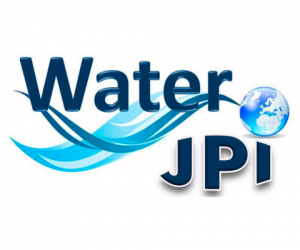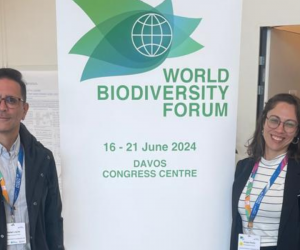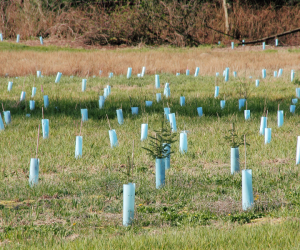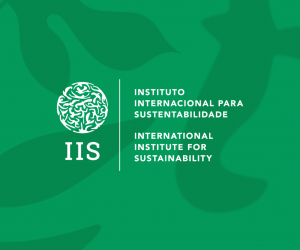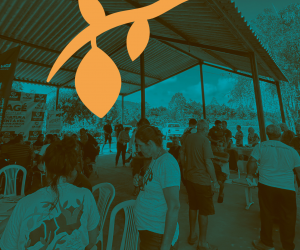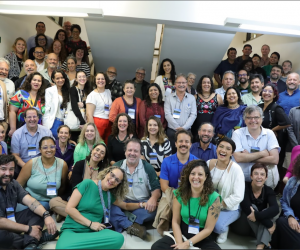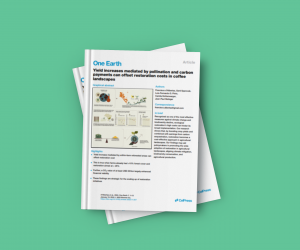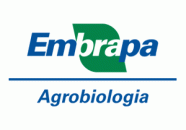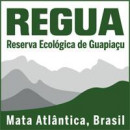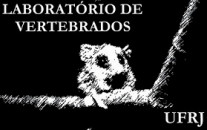News > News
20.12.23
What are NbS and what are their contributions to mitigation and adaptation in the face of climate change?
As we approach COP 28, it is timely to delve into Nature-based Solutions (NbS), a cutting-edge approach promising to reshape our response to climate change. Essentially, NbS encapsulates practices that emulate and integrate with natural processes. From sustainable management strategies to ecosystem restoration, these solutions encompass a portfolio of interventions that enhance environmental resilience. NbS involves the protection and restoration of ecosystems to address global societal challenges, aiming to increase ecosystem resilience through the benefits provided by ecosystem services, balancing risks, and mitigating losses to promote human well-being. Among their contributions to mitigation and adaptation to climate change, we can mention:
Contributions to Mitigation: By capturing and storing carbon, NbS plays a crucial role in mitigation, providing a substantial advantage over other approaches. Carbon absorption and climate regulation are significant benefits.
Adaptation and Climate Resilience: NbS demonstrate unique effectiveness in adaptation. For example, the restoration of coastal areas protects against extreme weather events and contributes to biodiversity conservation.
Prospects for COP 28: COP 28 will be a platform for discussions on innovative strategies, highlighting how these can be implemented globally to maximize the effectiveness of actions against climate change. A convergence of academic and practical minds will emerge, outlining the crucial role of NbS in the global climate agenda.
IIS Engagement: And how do we connect theory with practice? The IIS is at the forefront of this integration, implementing various innovative projects. Check out some of the key ones below.
- Analytical Tool to Guide Natural Disaster Mitigation through Nature-based Solutions:
Mitigating Impacts: In line with environmental challenges, the IIS is developing an analytical tool to guide policy formulation and implement NbS in priority areas, reducing the risk of natural disasters. The state of Rio de Janeiro will be used as a case study.
Comprehensive and Replicable Methodology: From land use scenario development to hotspot identification, we seek to build an adjustable tool for various regions, scales, and contexts.
International Recognition: The project was one of the winners of the “Biodiversity and Ecosystem Services Scenario Modeling Challenge,” promoted by the Swiss Re Foundation.
Presentation at Multilateral Forums: Initiated in August 2023, preliminary results will be presented at the World Biodiversity Forum (June 2024) and final results at the World Economic Forum (January 2025), both in Davos, Switzerland.
Status: In Progress
- NATWIP – Nature-based Solutions for Water Management in Periurban Areas:
Challenges of Periurban Areas: Degradation of margins, pollution, and disrupted ecological and hydrological processes impact the transition zones between rural and urban landscapes.
Potential Solution: The project explored the capacity of NbS to address water management challenges in these landscapes, fostering the exchange of experiences among partners and promoting dialogue between science and society.
International Research and Partnership: Case studies were conducted in Norway, Sweden, Spain, Poland, South Africa, India, and Brazil, where authors established partnerships.
Engagement on Multiple Fronts: The project embraced innovation, developing an integrated methodological framework to assess NbS for water in periurban areas, a “best practices” guide, and outreach initiatives on the potential of these solutions.
Status: Completed
- On the Path of the Atlantic Forest – Restoring Landscapes and Strengthening Local Production Chains in the Central Fluminense Mosaic:
Driving a Chain: The project is working to restore 250 hectares of the Atlantic Forest in the Central Fluminense Mosaic region, strengthening local communities, promoting sustainable economy and tourism, and supporting citizen science to expand, enrich, and conserve biodiversity in forest remnants.
Focus on Connectivity: Prioritizing the northern corridor of the Serra do Mar, the aim is to increase functional connectivity between the Mosaic and the Desengano State Park through the revitalization of the “Path of the Atlantic Forest,” a 4,270 km trail.
Strategic Partnerships: Seven partners, including IIS, Caminho da Mata Atlântica, LabVert-UFRJ, Fiocruz, Agroicone, Embrapa Agrobiologia, and REGUA, join forces to achieve ambitious goals.
International Funding: With funding of 2.8 million reais, the initiative is being developed with the support of the Biodiversity and Climate Change in the Atlantic Forest Project, coordinated by MMA. Its realization occurs in the context of the Brazil-Germany Cooperation for Sustainable Development, with financial support from the German Development Bank through FUNBIO.
Status: In Progress
re.green & IIS – Restoring Forests on a Large Scale: Visionary Partnership: IIS and re.green join forces to restore at least 1 million hectares in the Amazon and Atlantic Forest, aiming to mitigate the impacts of climate change and conserve biodiversity.
Sustainable Products: With the expectation of capturing 15 million tons of CO2 per year after forest recovery, the initiative plans to monetize through the sale of premium carbon credits, as well as certified timber and non-timber products from ecological restoration.
Generating Knowledge: The IIS will contribute innovative solutions to ensure the success of re.green’s actions, filling knowledge gaps and enhancing understanding of the social and environmental benefits of large-scale restoration.
Lasting Sustainability: Together, we aim not only to restore ecosystems but also to establish a positive sustainable model for a greener and more resilient future.
Status: In Progress
In summary, Nature-based Solutions not only represent a paradigm shift in conservation and restoration strategies but also promise to be protagonists in the contemporary climate narrative.
Related Themes
Mentioned Partners
- Agroicone
- Atlantic Forest Trail (CMA)
- Embrapa Agrobiology
- Fundação Oswaldo Cruz (Fiocruz)
- Fundo Brasileiro para Biodiversidade (FUNBIO)
- Guapiaçu Ecological Reserve (REGUA)
- Laboratory of Vertebrates of the Biology Institute of UFRJ (LabVert)
- Ministério do Meio Ambiente - Governo Federal (MMA)
- re.green
- Swiss Re Institute
Related Content

IIS-re.green partnership to restore at least 1 million hectares of forests
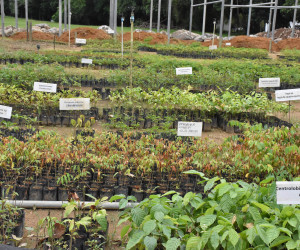
On the Atlantic Forest trail: restoring landscapes and strengthening local production chains in the Central Fluminense Mosaic
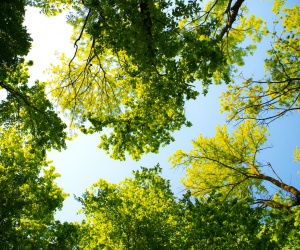
Framework to guide the mitigation of natural disasters through Nature-based Solutions
